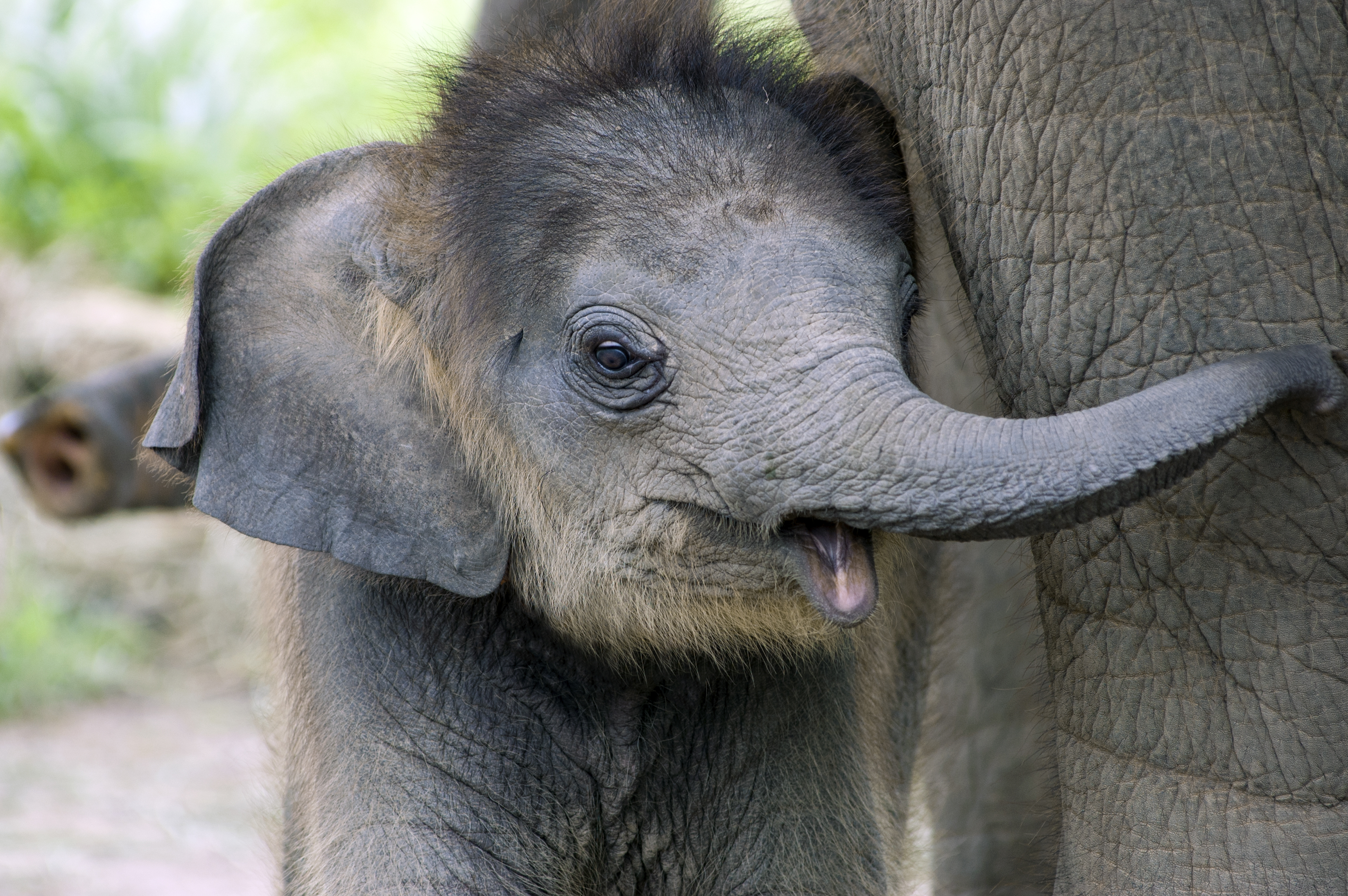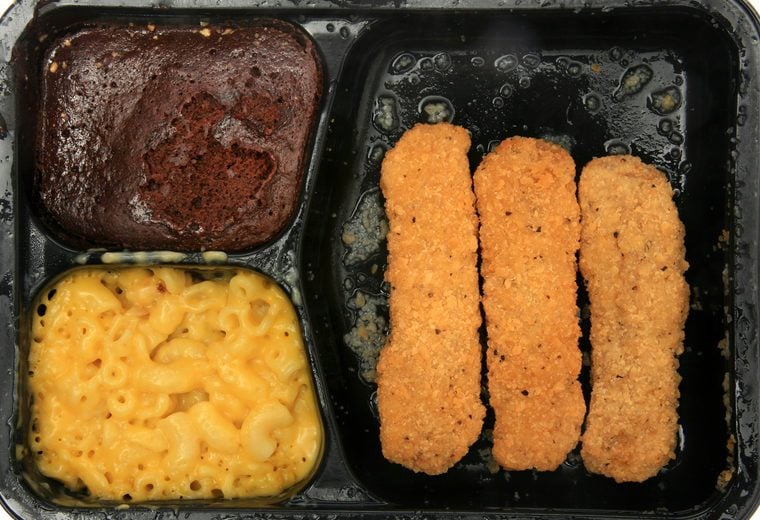Lifestyle
Parenting is not exclusive to humans; here are 8 animals that stay with their young after giving birth.


By Kajal Sharma - 26 Sep 2025 05:19 PM
Whether it’s elephants or spiders, certain species do more than is expected to safeguard, instruct, and remain near their young. We will examine a small number of animals recognized for being genuinely dedicated parents.In the animal kingdom, some parents do not abandon their offspring after birth. Indeed, numerous animals exhibit a remarkable degree of love and care, much like human parents do. Whether it’s elephants or spiders, certain species do more than is expected to safeguard, instruct, and remain near their young. We will examine a small number of animals recognized for being genuinely dedicated parents.Species such as elephants, orcas, orangutans, wolves, and emperor penguins demonstrate that parenting is not limited to humans, providing significant parental care. Various other creatures, including alligators, dolphins, and even certain insects and spiders, also commit to the upbringing of their offspring.1) Elephants Mit einer Tragzeit von 22 Monaten haben Elefanten die längste bekannte Tragzeit. Calves, which are born blind, rely on their mothers for care. Upon the birth of a new calf, the herd comes together and gently touches the calf with their trunks. Calves are sometimes raised and cared for communally, a phenomenon known as ‘alloparenting’.2) Orang-Utans In the initial months of their lives, baby orangutans maintain constant contact with their mothers and are carried on her belly as she moves around. The couple will also share a nest for sleeping. While infants usually remain with their mothers for a few years, female orangutans have been observed to ‘visit’ their mothers until they are about 15.3) Orcas Nach der Geburt unterstützt die Mutter ihr Junges dabei, zur Oberfläche zu schwimmen, um den ersten Atemzug zu nehmen. Infants are inclined to remain in close proximity to their mothers, conserving energy by swimming in her slipstream. Unlike other species, female orcas spend their entire lives with their mothers, moving in matrilineal groups. Orcas can live up to 90 years, which means that multiple generations travel together.4) Wolf spiders Wolf spiders are the designated experts in carrying their young, transporting up to 100 babies on their backs to shield them from predators. People attempting to swat at the mother have filmed this phenomenon multiple times, only to be interrupted by hundreds of swarming infants. Maybe a discreet hint to keep hands off?5) Penguins The best tag-team relay-race award goes to the penguins. Once an egg has been laid, the fathers keep it warm and secure by balancing it on their feet and tucking it under a flap of skin known as a ‘brood pouch’. In the meantime, the mother journeys to the ocean for some legendary feasting. She comes back exactly when the egg hatches. At this moment, she feeds the chick through regurgitation and instructs the father to head to the sea for his first meal in about 100 days.6) Mouthbrooding fish Numerous fish species are mouthbrooders, meaning they safeguard their eggs by holding them in their mouths. To reduce the risk of swallowing their own eggs, mothers do not consume any food during this time. Once the eggs hatch, the fish swim out, creating incredible photo opportunities. Young fish of certain species continue to seek refuge in their mothers' mouths after hatching.7) Strawberry poison-dart frog In addition to all the other challenges, this incredible parent must manage the possibility that their offspring will attempt to eat one another. To avert this occurrence, mother frogs carry each tadpole separately on her back to a secure water pool, which is frequently located at the center of a flower. She subsequently spends around 50 days at each nursery pool to provide nourishment for the tadpole.
Meanwhile, the father frogs act as sentinels to prevent competitors from discovering their offspring.8) Cattle Cows immediately establish strong connections with their calves. Immediately after giving birth, the mother will clean her calf by licking and nuzzling it while making a distinctive sound that motivates the calf to rise and nurse.
























